Ukraine's Zelensky says 'diplomacy' only way to end war, his advisor beats war drums
While Ukraine’s president has alleged that the only way out of the February-present war with Russia passes through diplomatic corridors, his advisor seems to advocate prolongation of the war, ruling out a ceasefire with Moscow.
"The end will be through diplomacy," Volodymyr Zelensky told a Ukrainian television channel on Saturday.
"Discussions between Ukraine and Russia will decidedly take place. Under what format I don't know -- with intermediaries, without them, in a broader group, at presidential level," he said, adding, "There are things that can only be reached at the negotiating table."
The Ukrainian president stressed that the results of negotiations, which could have a variety of subjects "according to the timing of the meeting," would have to be "fair" for his country.
Russian President Vladimir Putin announced a “special military operation” on February 24 in order to “demilitarize” the Donetsk and Lugansk regions in eastern Ukraine. In 2014, the two regions declared themselves new republics, refusing to recognize Ukraine’s Western-backed government.
Ordering the operation, Putin said the mission was aimed at “defending people who for eight years were suffering persecution and genocide by the Kiev regime.”
Another goal sought by the operation was to “de-Nazify” Ukraine, the Russian head of state also said back then, apparently referring to Ukraine’s far-right Azov militant outfit and the influence it wields across Ukraine’s political and military spheres.
"We want everything to return [to as it was before]" but "Russia does not want that," Zelensky alleged, without elaborating.
Russia has so far captured the eastern Ukrainian region of Donetsk that features Lugansk and Donetsk as well as the southeastern city of Mariupol.
The Ukrainian head of state also recalled Kiev's precondition for continuing talks that Russia does not kill Ukrainian troops who, until recently, were holing up in Mariupol’s Azovstal steelworks. Hundreds of Ukrainian troops and civilians had taken refuge at the sprawling plant.
Moscow has so far allowed several rounds of ceasefire to help those leave. On Friday, Russia’s defense ministry said the last group of the Ukrainian soldiers there had surrendered.
The Ukrainian head of state acknowledged that the Russian military had "offered the possibility, found a way for these people to come out alive."
Despite Zalensky’s apparent appeal for peace, his advisor and chief negotiator in peace talks with Russia, Mykhaylo Podolyak, denied any foreseeable end to the conflict, ruling out any ceasefire or concessions to Russia, Reuters reported.
Acknowledging that Kiev's stance on the war was becoming more uncompromising, Podolyak said making concessions would backfire on Ukraine, because Russia would hit back harder after any break in fighting.
"The war will not stop [after any concessions]. It will just be put on pause for some time," he told Reuters, adding, "After a while, with renewed intensity, the Russians will build up their weapons, manpower and work on their mistakes, modernize a little, fire many generals … And they'll start a new offensive, even more bloody and large-scale."
Podolyak noted, "The [Russian] forces must leave the country and after that the resumption of the peace process will be possible."
Russia has vowed to end the operation once its “security demands” are met. The list of demands includes provision of security for Russia’s interests in Ukraine and prevention of the ex-Soviet republic’s admission into the Western military alliance of NATO.
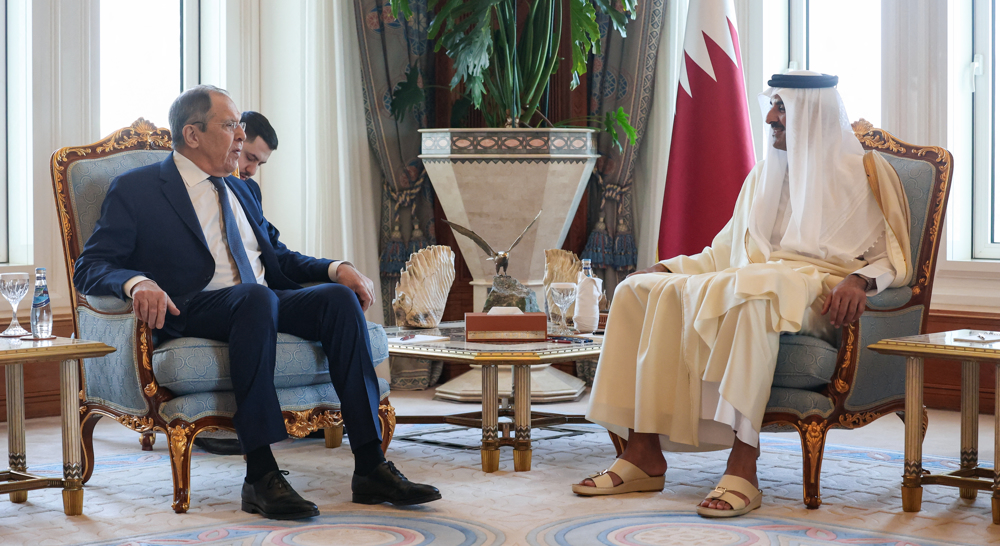
Russia, US diplomats to meet in Istanbul to discuss restoration of embassies: Lavrov
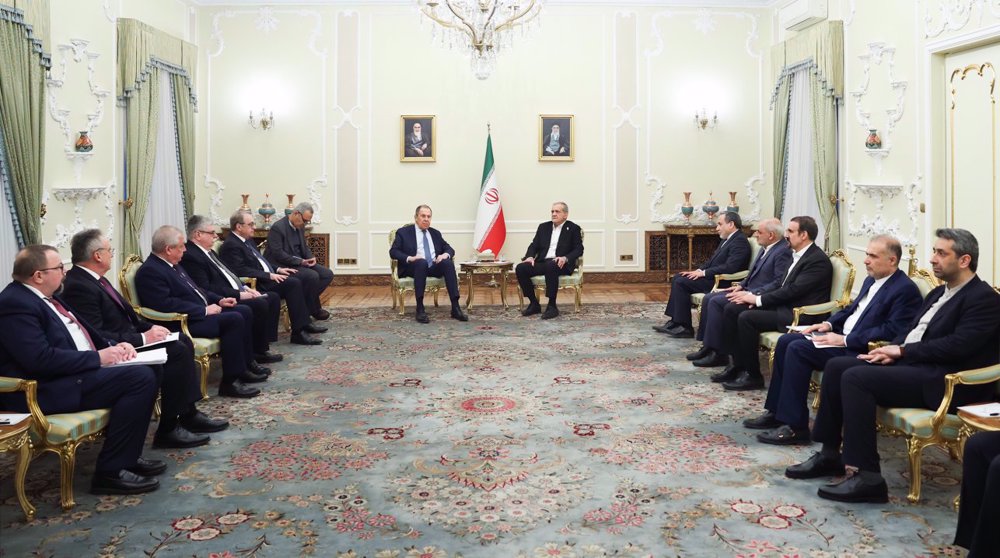
Iran’s president vows to accelerate cooperation with Russia
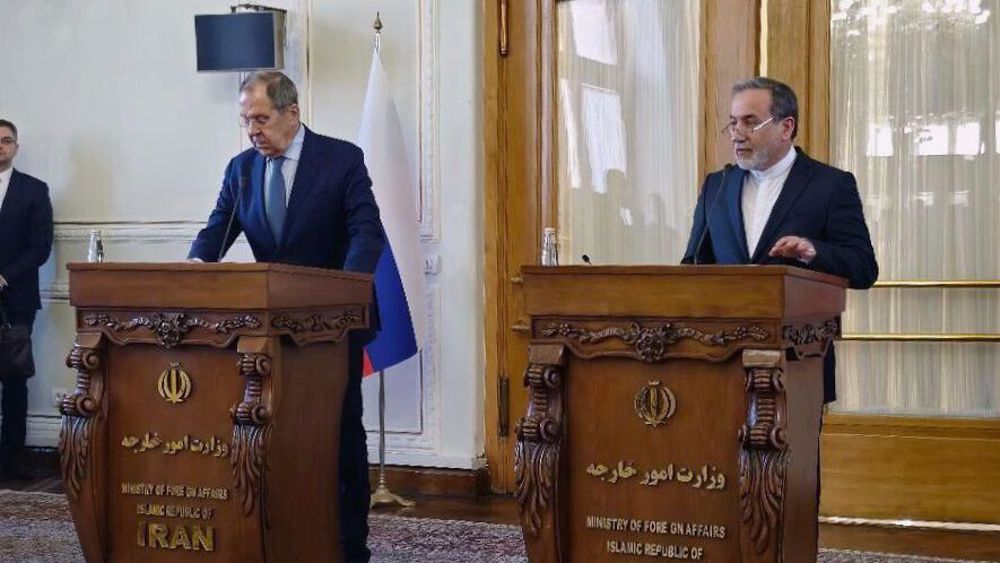
Iran rules out nuclear talks with US amid ‘maximum pressure’ campaign
Iranian flotilla makes port call in India with 'friendship message'
How UK counter-terror police colluded with Zionists to detain me after Beirut trip
Biden, Blinken, Austin referred to ICC over Gaza war crimes
EU will 'do the same' if US implements tariff hikes: France
VIDEO | Press TV's news headlines
British celebrities condemn BBC removal of Gaza documentary
Iran Army acquires tactical vehicles, audio surveillance systems
VIDEO | UK police detain anti-Zionist scholar upon return from Lebanon


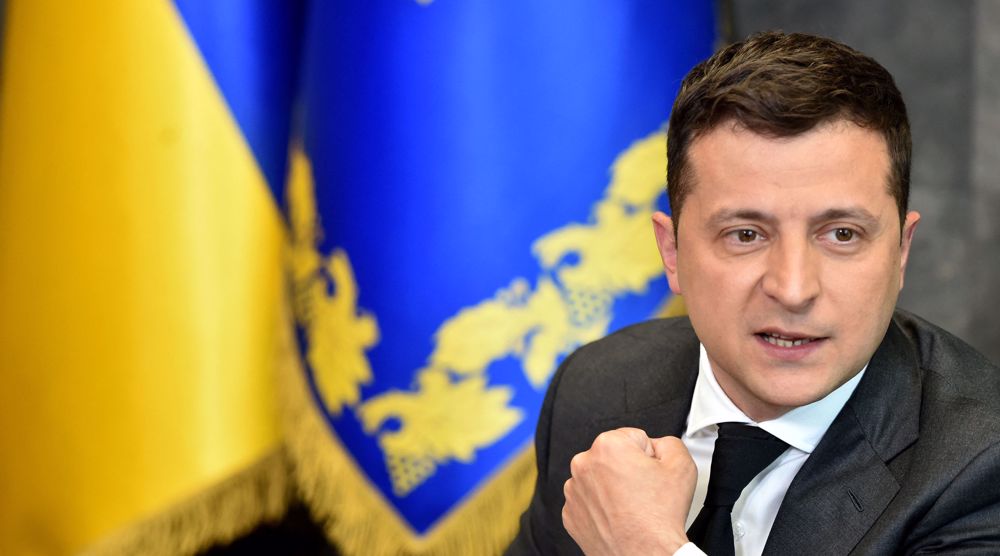
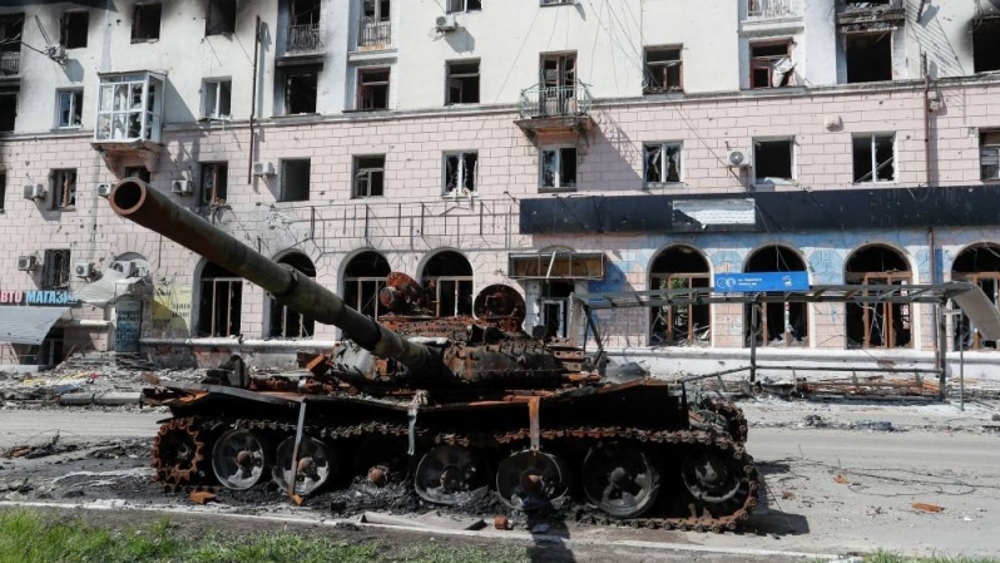
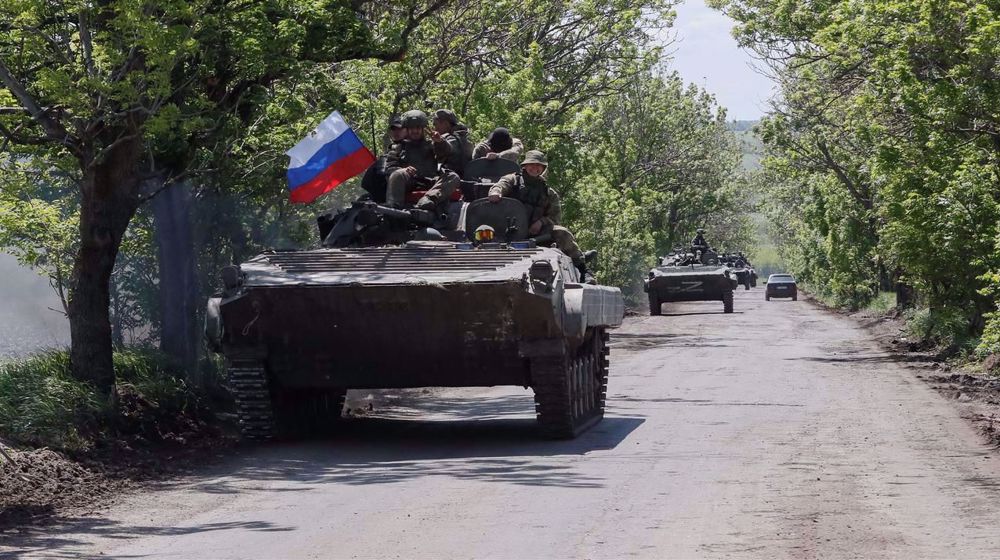



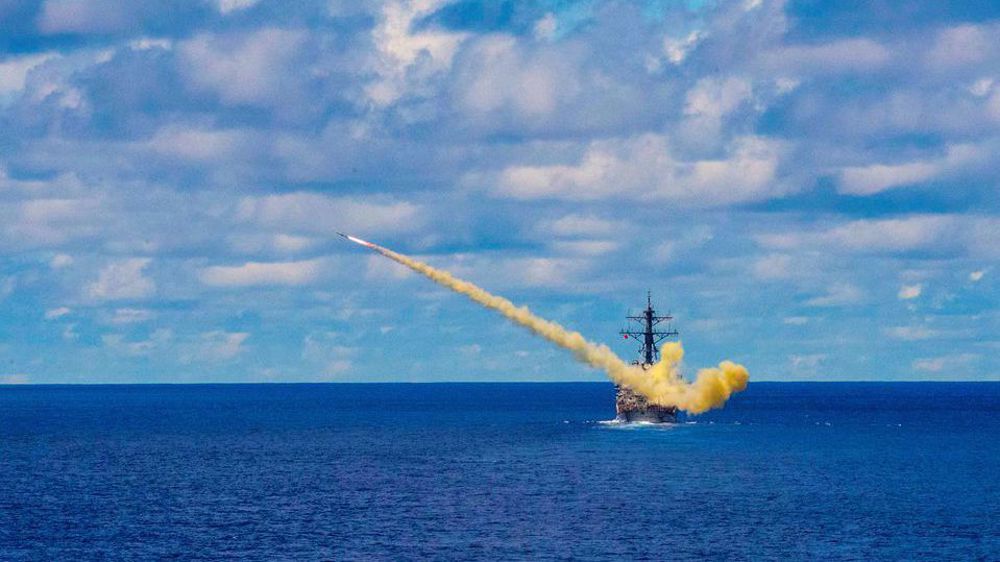
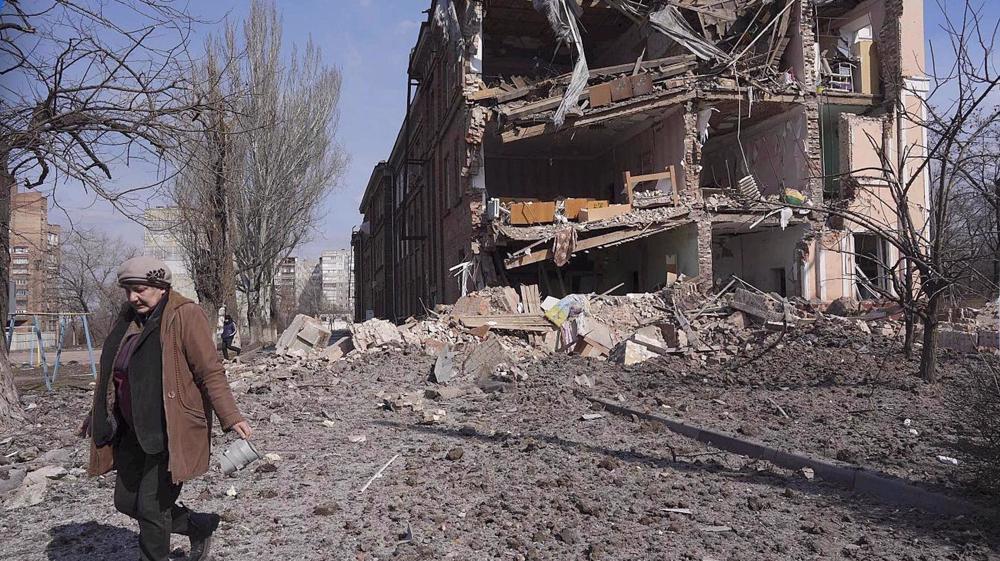
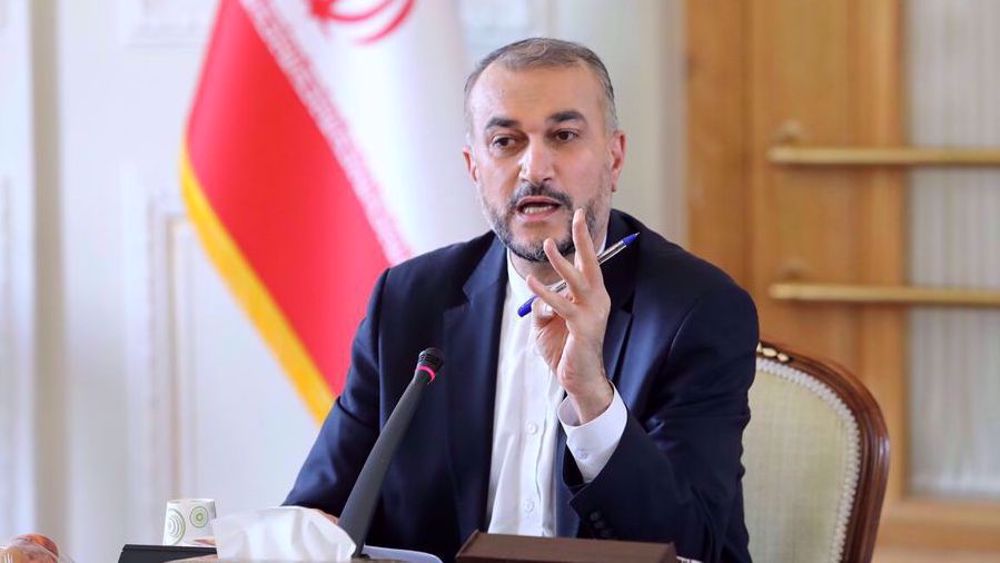

 This makes it easy to access the Press TV website
This makes it easy to access the Press TV website